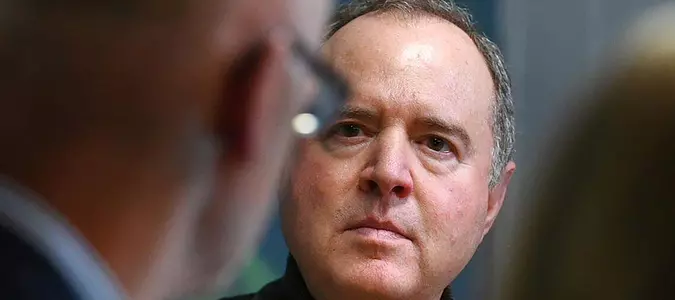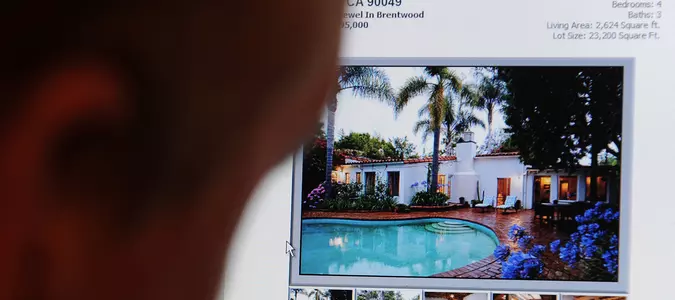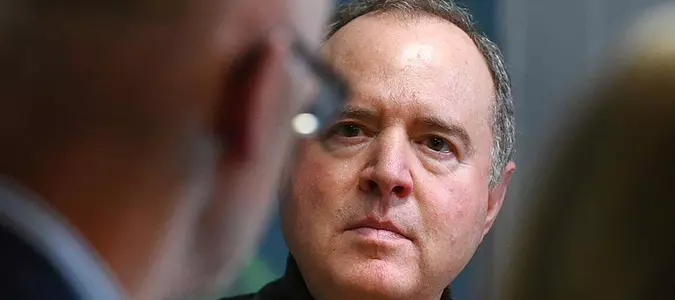

High demand for 'buy now, pay later' leads Klarna to over price IPO
Klarna landed on the New York Stock Exchange in its initial public offering priced over its benchmark signaling a high demand for "buy now, pay later" financial services.

Sweden-based Klarna's now $15 billion valuation had its IPO on Tuesday at $40 a share after the Sweden-based company reportedly raised around $1.37 billion in its official round, and started trading Wednesday under the ticker "KLAR" in Manhattan's NYSE. Photo by John Angelillo/UPI UPI
Sept. 10 (UPI) -- The online Swedish lender Klarna landed on the New York Stock Exchange in its initial public offering priced over its benchmark signaling a high demand for "buy now, pay later" financial services.
Klarna's now $15 billion valuation had its IPO on Tuesday at $40 a share after the Sweden-based company reportedly raised around $1.37 billion in its official round, and started trading Wednesday under the ticker "KLAR" in Manhattan's NYSE.
About $200 million of its more than $1 billion for shareholders will divert to company coffers as its founders seek to offload their stakes.
It originally eyed to go public earlier this year but put the brakes on its Wall Street debut after the wave of uncertainty surrounding the announcement of reciprocal tariffs by U.S. President Donald Trump in April on scores of allied nations.
Meanwhile, company revenue climbed to $823 million in a 20% spike from last year. Despite its IPO valuation, the company disclosed a $53 million net loss in the second quarter in an increase from $18 million the same period last year.
Klarna takes a fraction of proceeds by charging its merchants to utilize Klarna's online payment platform, and generates interest on late fees and long-term strategies.
It's a competitor to other tech fintech IPO's like Affirm, Afterpay, PayPal and Zip.
The U.S. Consumer Financial Protection Bureau, which has been a target by the Trump administration, opened an inquiry into the business practices last year of the companies after the CFPB ruled they must grant American customers protections similar to credit card users under U.S. consumer law.
A past Lending Tree survey indicated that more than 40% of American consumers utilized Apple's buy now, pay later services before Apple opted to end its new service last year in June after less than a year of operating it.
A 2021 CFPB report suggested how the "buy now, pay later" market was a $24 billion industry that year, which was a $2 billion increase from 2019 two years prior.
















